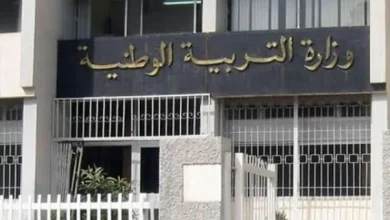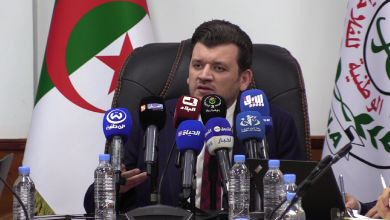In a strategic move that underscores Algeria’s role in Europe’s energy landscape, the nation is collaborating with Germany on the SouthH2 pipeline, a project that aims to transport green hydrogen and natural gas across multiple countries. This development runs parallel to Spain’s celebrated involvement in the H2Med project, which also aims to bolster Germany’s green energy supply by 2030. SouthH2 has positioned Algeria as a pivotal player in Germany’s long-term plan to reduce energy dependency on Russia.
The Role of Transmed Pipeline
The SouthH2 initiative will repurpose the existing Transmed pipeline, a 2,475-km conduit with a current capacity of 33.5 billion cubic meters of natural gas annually. Originating in Hassi R’Mel, a region in Algeria that hosts one of the world’s largest natural gas reserves, the pipeline traverses 920 km to the Tunisian city of El Haouaria. It then moves onward to Sicily and continues north through the Strait of Messina to reach northern Italy and ultimately Slovenia.
Expanding to Austria and Germany
To make the Transmed pipeline fit for its new role in transporting green hydrogen, plans are underway to extend it through Austria and into Germany. Upon completion, the length of SouthH2 will reach an estimated 3,300 km with a projected capacity of 4 million metric tons per year. This aligns with the goals of the REPowerEU program, accounting for over 40% of its import targets.
Diplomatic Synergies: Algeria’s Green Ambitions
Mohamed Arkab, Algeria’s Minister of Energy, met last Monday in Algiers with Stefan Wenzel, Germany’s Parliamentary State Secretary for Economic Affairs and Climate Action. Arkab expressed Algeria’s aspiration to supply 10% of Europe’s green hydrogen. Earlier this year, Algeria announced plans to boost solar farms in the southern region where the Algerian Sahara is located. The solar energy generated would facilitate green hydrogen production through electrolysis.
Multilateral Commitment and Investment
A subsequent meeting held in Munich gathered 78 experts, lawmakers, and leaders from Algeria, Tunisia, Italy, and Germany. The participants discussed facilitating transborder green hydrogen transport. Algeria’s state-run company Sonatrach pledged an investment of €25 billion to boost hydrogen production and the requisite infrastructure.
Italy’s Strategic Interests
Meanwhile, Italian politician Giorgia Meloni met with Algerian President Abdelmadjid Tebboune to strengthen bilateral energy cooperation. An agreement was inked for a multi-faceted pipeline that will simultaneously transport gas, hydrogen, ammonia, and even electricity, according to French TV channel TV5.
Comparative Overview with H2Med
While Germany is also participating in Spain’s H2Med project, SouthH2 has the advantage of transporting natural gas in addition to green hydrogen. Despite Spain’s negotiations with France, the latter declined to allow natural gas transportation via H2Med, thereby limiting Spain’s influence in both Europe and North Africa.
The development of SouthH2 and H2Med leaves the question open: will these projects operate in competition or collaboration? Regardless, Algeria’s role in enhancing Germany’s energy independence is now firmly established, effectively reshaping geopolitical equations in Europe and North Africa.



